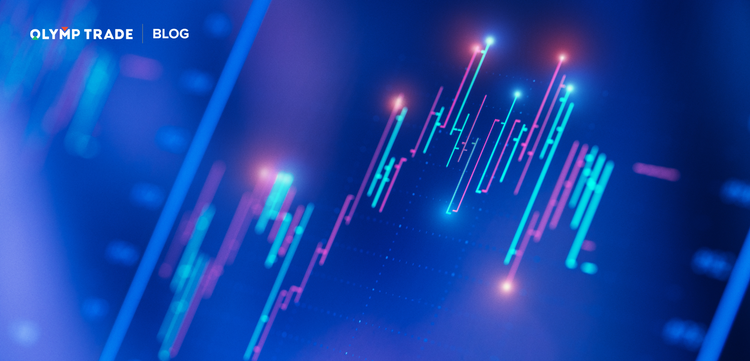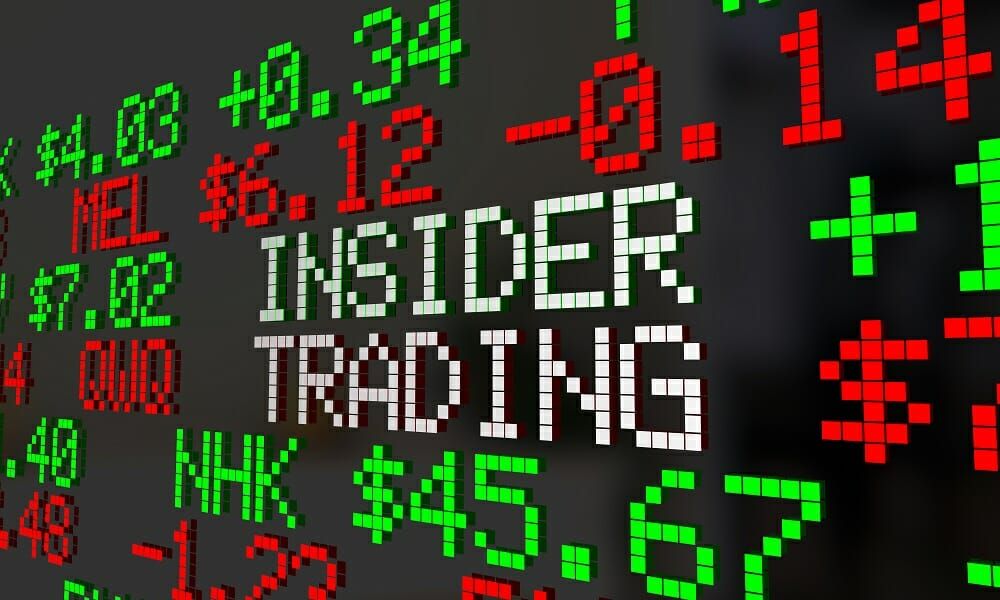Delving into the world of insider trading in the stock market, this introductory paragraph aims to provide a captivating overview of the topic, enticing readers to learn more about this complex and intriguing subject.
As we unravel the layers of insider trading, we will uncover its definition, laws, detection methods, and its impact on the stock market.
Definition of Insider Trading
Insider trading refers to the buying or selling of a publicly-traded company's stock by someone who has non-public, material information about that stock. This practice is illegal and unethical as it gives individuals an unfair advantage in the stock market.
Types of Insider Trading Activities
- Illegal Insider Trading: Involves trading a public company's stock based on material non-public information.
- Legal Insider Trading: Refers to when corporate insiders, such as executives or board members, buy or sell shares of their company but disclose their transactions to the public.
Examples of Insider Trading Incidents
- Martha Stewart: The famous businesswoman was convicted of insider trading for selling shares of a company based on non-public information.
- Raj Rajaratnam: A hedge fund manager who was involved in one of the largest insider trading cases in the U.S., resulting in significant fines and jail time.
Laws and Regulations

Insider trading is strictly regulated by laws and regulations in order to ensure fair and transparent trading practices in the stock market. The main goal of these regulations is to prevent individuals from taking advantage of privileged information for personal gain, thus maintaining the integrity of the financial markets.
Regulations in the United States
In the United States, the Securities and Exchange Commission (SEC) enforces strict regulations against insider trading through laws such as the Securities Exchange Act of 1934 and the Insider Trading Sanctions Act of 1984. The SEC requires insiders to publicly disclose their trades and prohibits them from trading based on material non-public information.
Penalties for Illegal Insider Trading
Engaging in illegal insider trading can result in severe penalties, including hefty fines, imprisonment, and civil lawsuits. Individuals found guilty of insider trading may face criminal charges and be required to disgorge any profits made from the illegal trades.
International Regulations
Insider trading regulations vary across different countries, with some having stricter laws than others. For example, the European Union has implemented the Market Abuse Regulation to prevent insider trading and market manipulation. In contrast, some countries may have less stringent regulations or enforcement mechanisms in place.
Detection and Prevention
Insider trading is a serious offense in the stock market that can lead to unfair advantages and market manipulation. Detecting and preventing insider trading is crucial to maintaining a fair and transparent market environment.
Detection of Insider Trading
Insider trading can be detected through various methods such as monitoring unusual trading patterns, analyzing significant price movements before public announcements, and investigating suspicious transactions by insiders. Market surveillance systems and advanced algorithms are often used to flag potential cases of insider trading for further investigation.
Role of Regulatory Bodies
Regulatory bodies play a key role in preventing insider trading by enforcing strict rules and regulations, conducting investigations, and imposing penalties on individuals or entities found guilty of engaging in insider trading. These bodies include the Securities and Exchange Commission (SEC) in the United States, the Financial Conduct Authority (FCA) in the UK, and similar organizations in other countries.
Technologies and Tools
Technologies and tools used to monitor insider trading activities include advanced data analytics, artificial intelligence, and machine learning algorithms. These tools can analyze large volumes of data in real-time to identify suspicious trading patterns, detect insider trading schemes, and prevent market abuse.
Market surveillance software and electronic trading monitoring systems are also utilized to enhance transparency and compliance with insider trading regulations.
Impact on the Stock Market

Insider trading has a significant impact on the stock market, affecting stock prices, market integrity, and investor confidence.
Effect on Stock Prices
Insider trading can lead to distorted stock prices as insiders possess non-public information that can influence their trading decisions. When insiders buy or sell shares based on privileged information, it can create artificial demand or supply in the market, leading to price movements that do not reflect the true value of the stock.
Consequences on Market Integrity
The practice of insider trading undermines the fairness and transparency of the stock market. It erodes trust among investors and raises concerns about the level playing field for all market participants. When some individuals have an unfair advantage through access to confidential information, it can damage the integrity of the market and deter potential investors from participating.
Long-Term Effects on Investor Confidence
Repeated instances of insider trading can have long-lasting effects on investor confidence. When investors perceive that the market is rigged in favor of insiders and that they are at a disadvantage, they may become hesitant to invest or trade in stocks.
This lack of confidence can lead to reduced market activity, lower liquidity, and overall negative sentiment towards the stock market.
Final Wrap-Up
:max_bytes(150000):strip_icc()/Term-Definitions_Insider-trading-011fefceee344ef293501421ed12f39a.jpg)
In conclusion, insider trading remains a controversial and impactful practice in the stock market, influencing prices, market integrity, and investor confidence.
FAQ Guide
What is insider trading?
Insider trading involves buying or selling a public company's stock based on material, non-public information about the company.
What are the penalties for illegal insider trading?
Penalties for illegal insider trading can include hefty fines, imprisonment, and being barred from trading in the future.
How is insider trading detected?
Insider trading can be detected through various means, including monitoring unusual trading patterns, investigating employee transactions, and analyzing market data.
